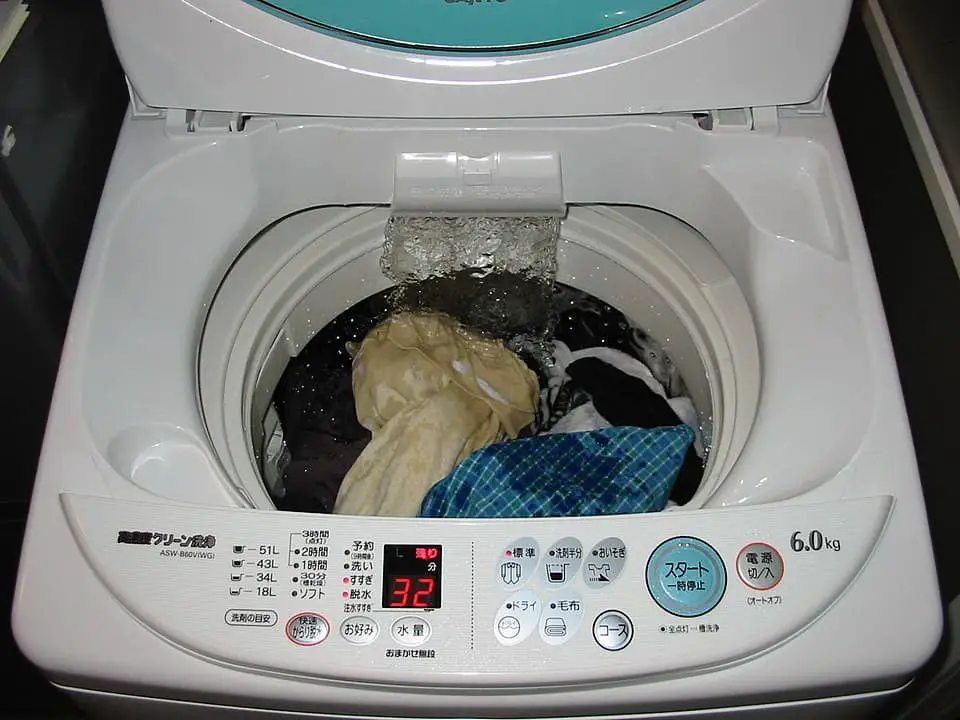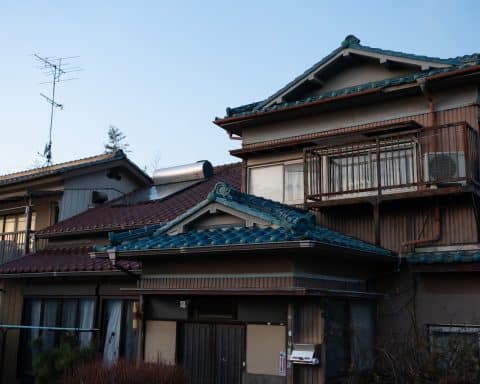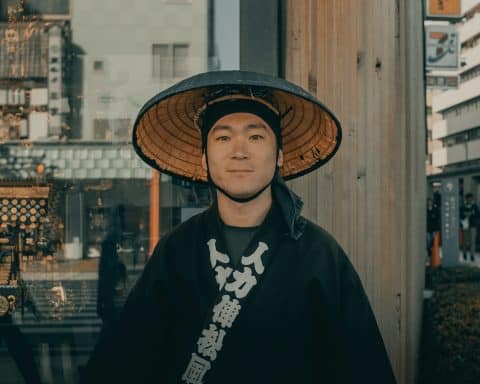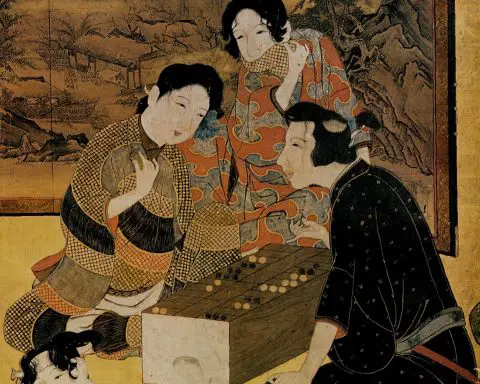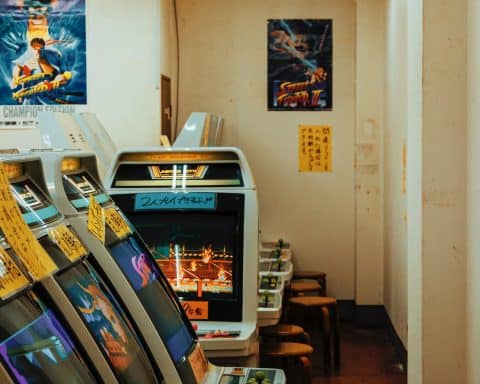In our house we’ve recently switched from a 40ºC to a 30ºC wash. It’s cheaper, and better for the environment whilst still washing our clothes well.
But what about Japan?
Almost without exception, Japanese washing machines only use cold water to clean clothing. This is due to no heating element inside the machine, and an attempt to save energy, money, and the clothing itself.
Before we get into why Japanese washing machines only use cold water to wash clothes, let’s learn some vocabulary:
| English Word | Romaji | Kana | Kanji |
| Wash | arai | あらい | 洗い |
| Soak | tsukeoki | つけおき | つけおき |
| Rinse | susugi | すすぎ | すすぎ |
| Automatic | omakase | おまけせ | おまかせ |
| Power | dengen | でんげん | 電源 |
| Stop | ichijiteishi | いちじていし | 一時停止 |
| Start | suta-to | スタート | スタート |
| Timer | yoyaku | よやく | 予約 |
| Cycle | koutei | こうてい | 行程 |
| Dry | dassui | だっすい | 脱水 |
So why do washing machines in Japan only use cold water?
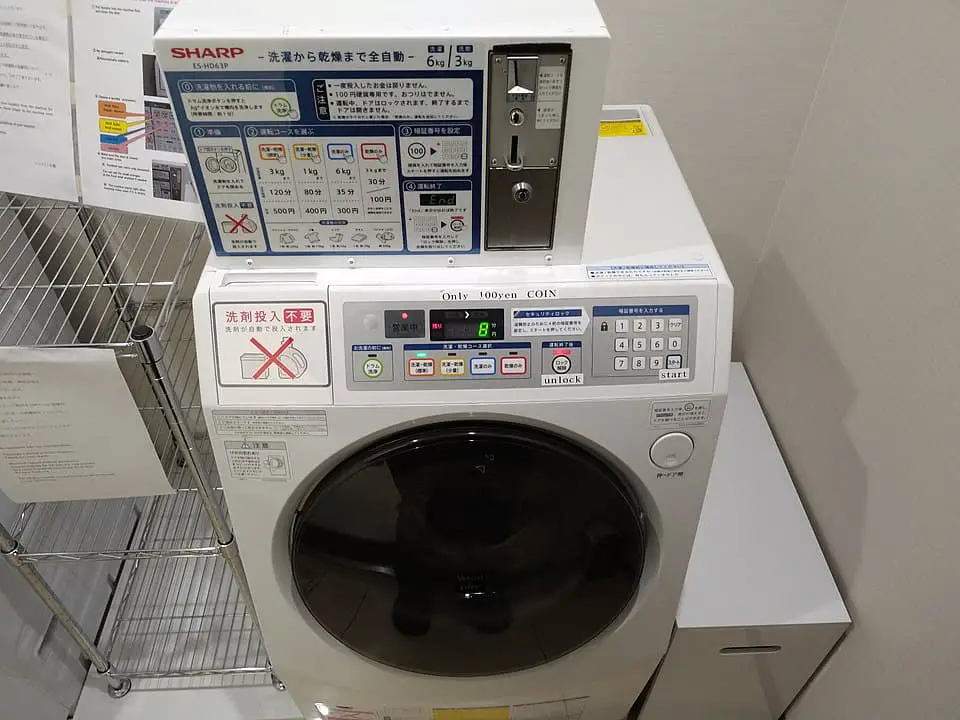
Upon hearing that Japanese washing machines don’t use hot water to clean clothes, you might be a little shocked.
However, if almost an entire country that’s technologically advanced and full of clever minded people are still doing it to this day, there’s got to be a reason.
I mean, they have tiny cars, indestructible backpacks, and still use outdated technology, so is it really a stretch to understand why they use cold water? It certainly isn’t!
1. Procedure
Japan is a country that enjoys the journey as well as the destination. Both in a metaphorical and physical sense.
One of the best examples of this is the tea ceremony, which I’ve had the privilege to experience a number of times.
From the simple art of preparing a cup of お茶 (Green tea), to the delicate creation of a cup of matcha, the drinking is only half experience.
Whilst preparing clothes for the washing machine is perhaps not as glamorous as any of this, the point still stands.
Before anything is placed in the washing machine, stains are taken care of first and given individual attention.
Only then are they placed into the washing machine for the cold water to deal with.
This ensures the garments come out looking and feeling clean, rather than smelling nice but still being stained
These life skills are something taught to school children from an early age in Japan, so much of the population will be aware of how to remove stains from clothing, since their washing machines probably won’t do it by themselves.
2. Saves Electricity
Heating up the water for the washing machines requires a lot of energy. It’s for this reason that even turning your machine down 10ºC can make a big difference to your monthly electricity bill.
By not including a heating element, most of the washing machines in Japan won’t contribute to a monthly electricity cost anything like what you or I may see.
Of course, the barrel still has to rotate, and if it’s a washer/dryer then it will heat up for that, but on the whole it ends up saving a huge amount of money each month.
3. Saves Clothing
Hot water may be fantastic for killing germs and cleaning most stains, but it’s certainly not favoured by your clothing.
Depending on it’s material and which colors are used, hot water can’t only cause those colors to run, but in some cases cause the clothing to shrink and ultimately damage a garments structure.
Though if you’ve bought minimal Japanese clothing, you’ll probably be fine as they’re extremely hardy and don’t really have any colours to worry about running.
Do they clean the clothes properly?
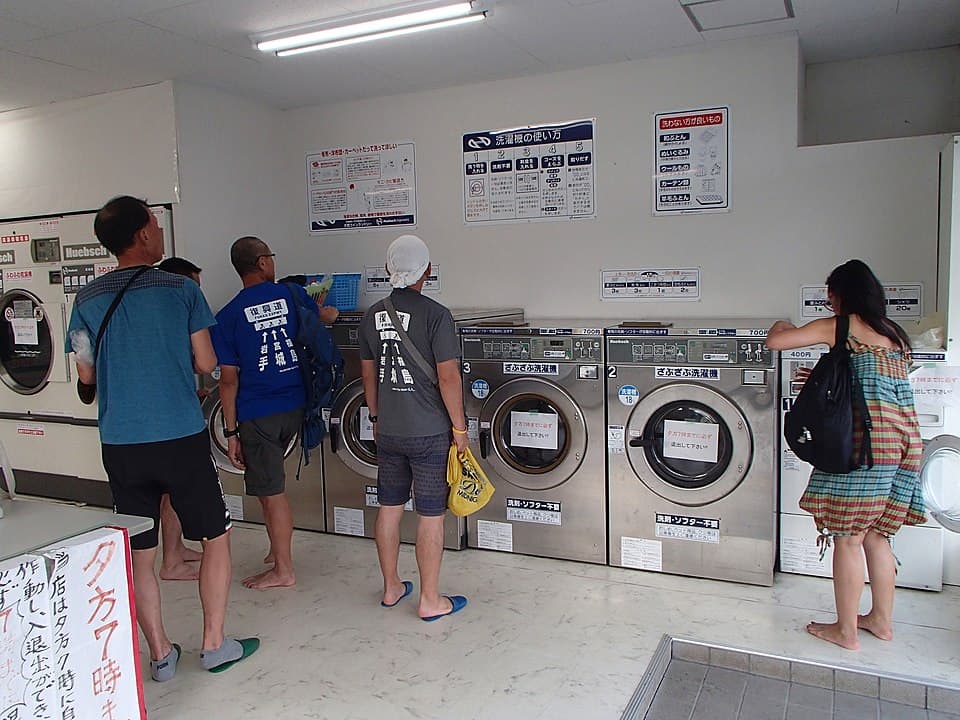
I’m sure that different people will have different views on what ‘properly’ is.
For some people, the thought of cleaning stains off the clothing before putting it in the machine will already qualify it as a loss.
As for the germs, I’ve always been taught that only hot water can properly get rid of them, so it’s a little more tricky.
Perhaps the cleaning detergent does everything that’s needed in this department, in which case the answer would be yes.
Unfortunately I can’t give you a proper answer to the question as I have no way of gathering fair results at home.
Though, as far as I’m concerned, if it’s good enough for an entire country then it’s more than good enough for me.
I’ve had my clothes cleaned in a standard household Japanese washing machine many times, and I’ve always felt thoroughly satisfied when they come out of the machine. That’s just my experience, but it’s enough to solidify my opinion on the matter.
Is it really as eco friendly as people think?
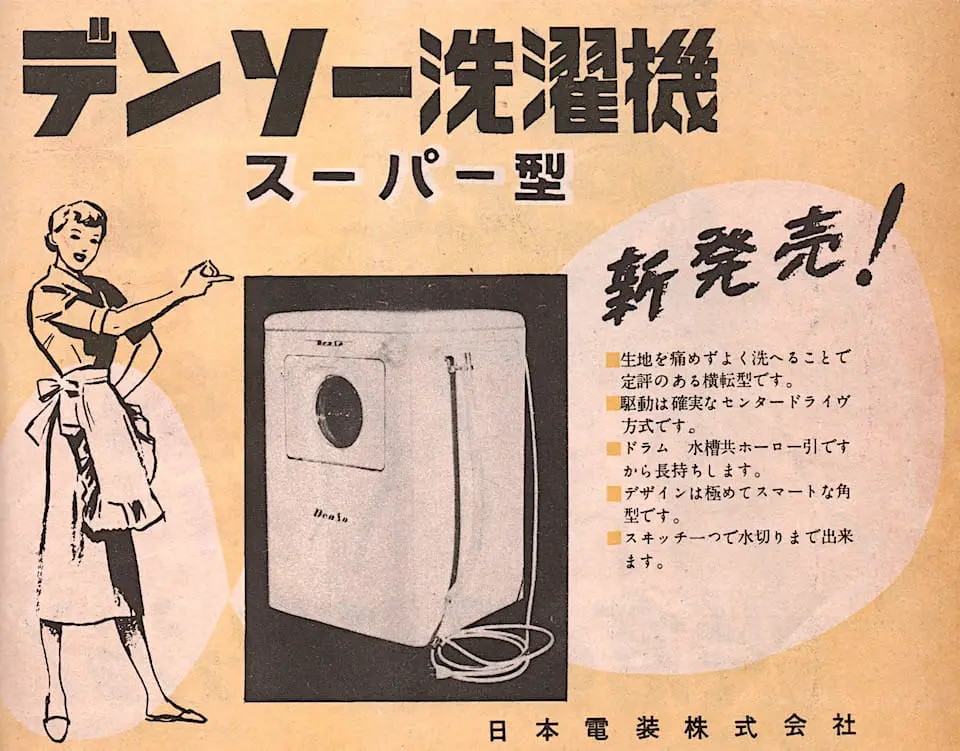
As Japanese washing machines don’t use more energy to heat up the water, they are categorically more environmentally friendly.
But are there any circumstances that would make these machines less eco friendly?
1. Washed more than once
Improper preparation before using a Japanese washing machine may mean you try to wash the clothes more than once.
This obviously uses more water and electricity to power the machine and ultimately makes the original energy saved almost negligible.
2. Aggressive laundry products
Without the help of hot water, I would imagine the detergents may have to be stronger in some ways.
This has the potential to be an irritant to the skin, and even worse, harsh on the environment.
That said, I know that popular laundry detergent ‘Ecover’ have released their products in Japan so there’s at least some alternatives that may be better for the planet.
Can I buy Japanese washing machines online?
You absolutely can, and it’s probably easier than you think.
Unlike a lot of products in Japan, you can easily buy Japanese washing machines in almost any country around the world.
In fact, it wouldn’t surprise me if you already have one.
Hitachi is the most popular brand of washing machine in Japan, followed by Panasonic, Sharp, and Toshiba.
So, technically if you have one of these washing machines in your house, you’ve got a Japanese machine!
Top loaders are the most popular models in Japan, and a little less common in the west, though they’re definitely gaining popularity.
If you search around a bit on the above companies websites, you’ll certainly find one if that’s what you’re looking for.
Importing a Japanese washing machine with Kanji and Kana written over it, directly from Japan, is another matter altogether.
Send me an email and I’ll help you out if that’s something you want, but I won’t write about it here because I don’t think too many of you would be interested!
Closing thoughts
It’s rare, but there are still some (honestly I doubt you’ll ever come across them) hot water washing machines in Japan. Especially ones with ‘Luke warm’ settings, but if you’re ever over in Japan, don’t be shocked when you find out the vast majority of machines won’t give you the option to wash your clothes in hot water.
じゃまたね!^_^



